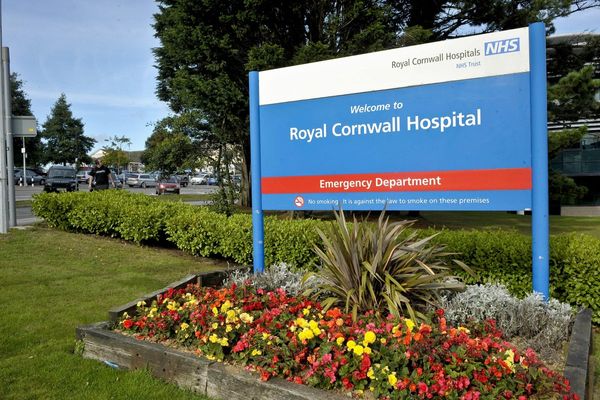Papua New Guinea police are investigating an alleged act of filicide, with a man was taken into custody for allegedly killing his two young children.
Police have said the 29-year-old "repeatedly stabbed" his two sons in the Port Moresby suburb of Morata about 5:00pm on Tuesday following an argument with his wife.
The children were aged five and three, police said.
Neighbours reportedly restrained the alleged perpetrator after he was seen to be attempting to take his own life, before being arrested by police, according to a police Facebook post.
Police have yet to release full details of the incident and have told the ABC they are still waiting on a medical assessment of the suspect.
They have not yet laid formal charges.
Violence moving from spouses to children at 'alarming rate'
Tania Nugent, an anti-violence advocate based in PNG, told ABC Radio Australia's Pacific Beat her heart "sank" when she learned of the children's deaths.
"There's domestic abuse and now we're seeing it move from spouses to children at an alarming rate," Ms Nugent said.
She added the "horrific nature" of the violence in homes across PNG had worsened markedly.
PNG has historically battled with high rates of domestic violence. It only became a criminal offence there in 2013.
It is estimated more than two-thirds of women in PNG experience family violence.
Last year, 647 cases of domestic violence were reported over a month in Port Moresby alone. The true figures are expected to be far higher.
In 2018, Human Rights Watch declared violence against women in PNG had become an "emergency" that had been exacerbated by "weak and inconsistent" enforcement of the new domestic violence laws.
Ms Nugent said she hoped the latest alleged family violence tragedy would prompt broader discussion and understanding of the long-term drivers of violence.
"We should always have funds prioritised to go towards the issues that affect harmony in the home and cause violence in the community."
Understanding intergenerational trauma in the context of violence
Ms Nugent said intergenerational trauma caused by the social "clash" created by colonisation and the modern world "disrupting existing structures in Indigenous communities" was one of the drivers of abuse in Papua New Guinea.
She said people were often quick to say alcohol, drug, and domestic abuse were caused by the failings of individuals, rather than see the behaviour as symptomatic of a society disrupted by unresolved intergenerational trauma.
"It's a harder thing for people to wrap their heads around … it's easier for people to think, 'Let's just lock him up, put him in jail and punish him forever and that that'll fix it.'
If it did not take the trauma seriously, Ms Nugent said, Papua New Guinea would only witness more violence.
"It's a big question to ask about what can be done about [addressing violence]. If we knew [the answer] we would have done it," Ms Nugent said.
"But I honestly think we need to start looking deeper at introducing programs that address the healing of the trauma, rather than programs that address how to punish."







